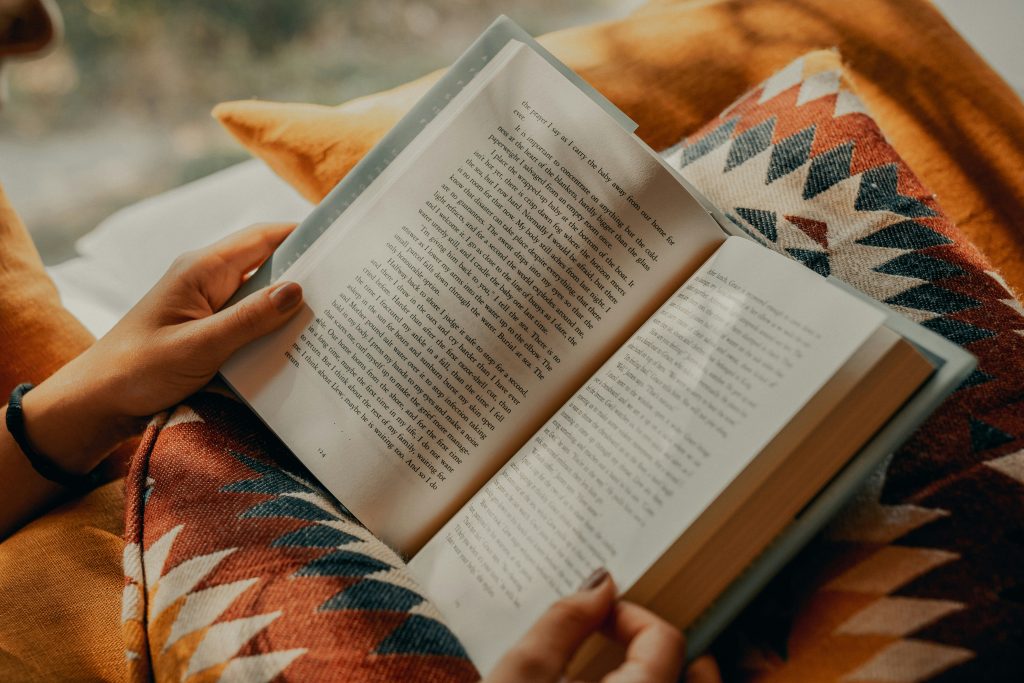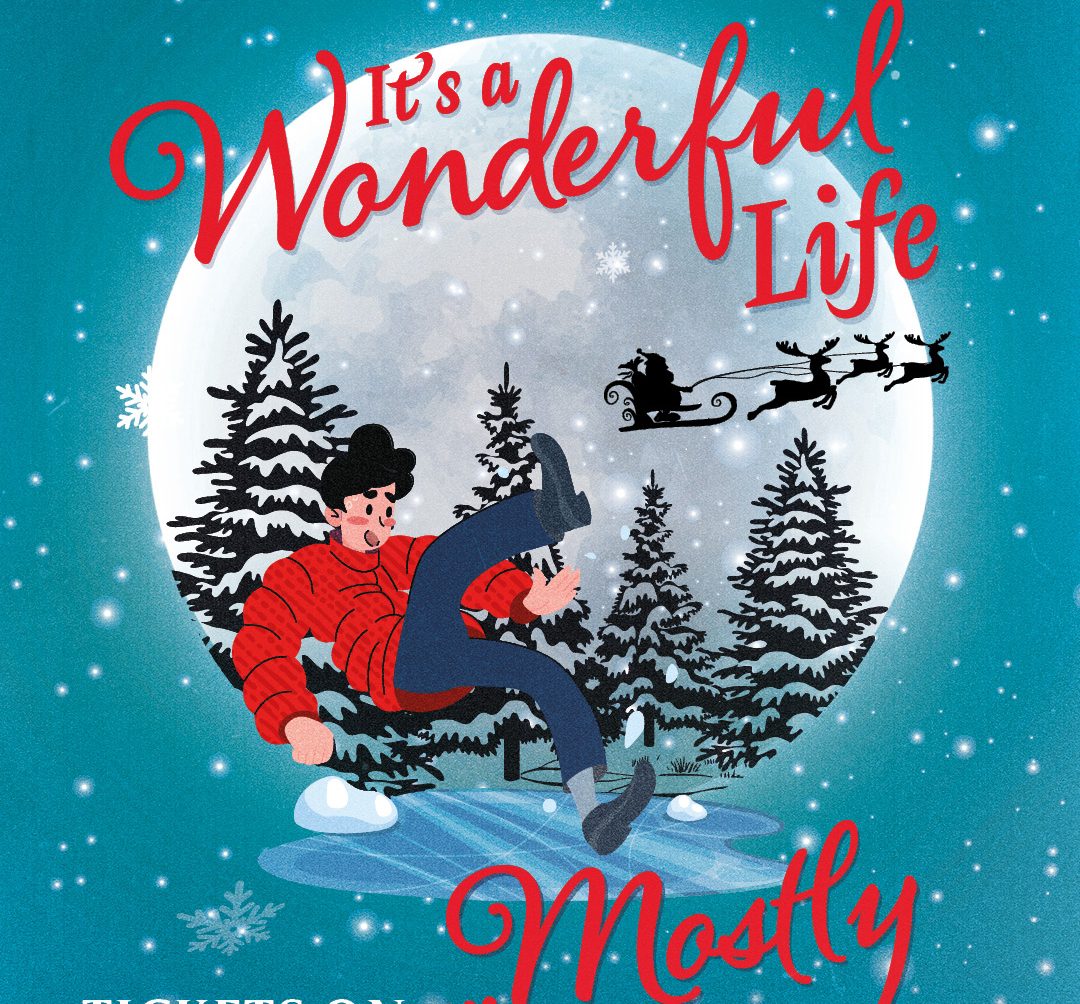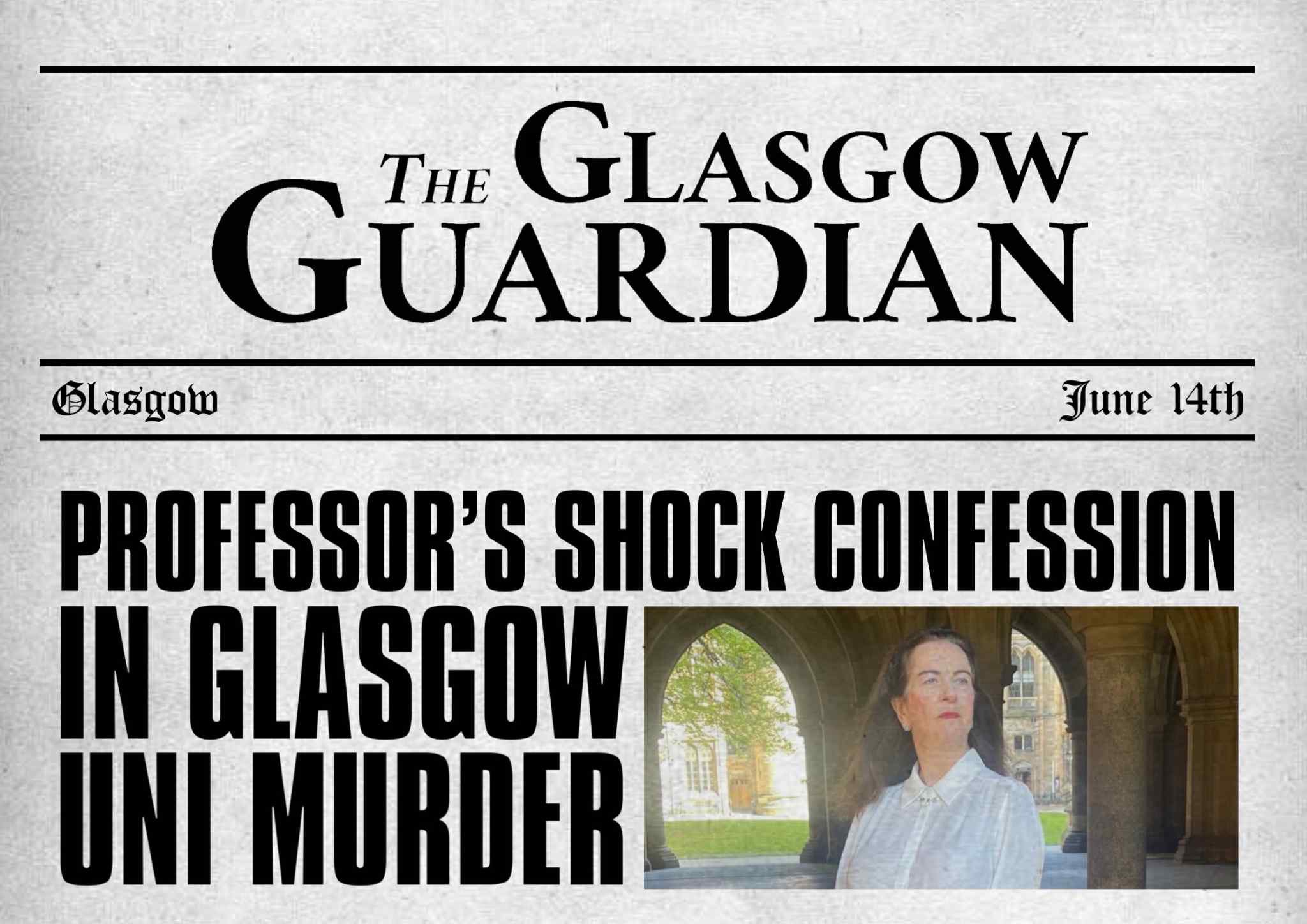Westender Magazine’s round-up of the best Autumn books

With Brian Toal
‘To The Dogs’ by Louise Welsh

Jim Brennan is one of the vice principals at Glasgow University, tipped for the top job. He’s done pretty well for himself considering his dad was a thug from the East End and Jim spent most of his miserable childhood cowering in fear or visiting his father in prison. Now he has power, influence, a glamorous, successful wife and two kids. What could possibly go wrong?
His son is arrested for dealing drugs, which triggers a series of poor decisions, unfortunate circumstances and hard choices for Jim. He is haunted by his past and can’t seem to shake it off as one by one his father’s ghosts comes back to haunt him. Can Professor Brennan straddle both worlds? Can he see off the threats from the Glasgow underworld, as well as those gunning for him on the University committees? He seems to have enemies all around and the threats to his family and his reputation lead him to re-enter Glasgow’s underbelly of hardmen, protection rackets and building contractors. Add to this some intrigue over the Saudis funding the new building project and the university’s uneasy relationship with China, and you have the perfect mix for the new Louise Welsh thriller.
‘Butter’ by Asako Yuzuki

This is a book about food. A book about women. This is also a book about women’s relationship with food, with each other and with men. It’s complicated.
Manako Kajii is in the Tokyo Detention Centre waiting to appeal her conviction for the murders of three elderly, wealthy men. She befriended them, cooked for them, spoilt them, and then murdered them, according to the prosecution. According to Kajii, she gave them what they wanted: real, hearty food cooked by a real, hearty woman. The fact that they died afterwards was simply happenstance – they were all old, had high cholesterol and high blood pressure, so eating as if there was no tomorrow eventually became true.
There are two stories here, though. There’s the story of Kajii – a story loosely based on a real case in Japan known as the ‘Konkatsu Killer’ – and the story of Rika, the journalist investigating the Kajii case. It’s the latter story which I found the more interesting because her life provided a counterpoint to Kajii’s, thereby allowing the writer to explore the misogyny and societal expectations which women in Japan, and the world over, have to face on a daily basis. Japanese society is particularly patriarchal with expectations on what women should look like, what they should eat, what careers they should pursue and generally how they should behave.
Fighting Societal Norms
It’s not quite Saudi Arabia but little seems to have changed since I lived there in the late 90’s. Rika is a young female journalist trying to carve out a career in a male-dominated industry, facing obstructions and double standards at every turn. She is fascinated by Kajii, especially by her rejection of these societal norms, and so in the course of the novel Rika begins to change herself, trying out Kajii’s attitudes to food and to men to see how they suit her. However, this becomes a borderline obsession and what starts out as journalistic curiosity begins to affect her relationships with friends, lovers, food and her own body.
Rika rarely cooked, relying instead on instant ramen or convenience store bento boxes grabbed on the way home from work, so when she starts to cook in the style of Kajii using real butter and real ingredients, those around her are intrigued by this new Rika, this awakening of her tastebuds, as well as her changing body shape.
Does Rika actually have more in common with Kajii than she thought? Is Kajii really the demon the male-dominated press makes her out to be? You’ll need to make your own mind up. This book has been universally lauded, so sit back, inhale, taste and enjoy.
Wild Mountains, Wild People by Sean Damer

Another book featuring Glasgow University. Andy Gallagher is a professor of Classics, with a specific knowledge of all things Cretan. So far, so mundane. However, when a letter arrives from someone purporting to by his grandfather’s wife in Crete, Andy’s world is turned upside down. Andy’s grandfather, John, was a survivor of the battle of Crete and subsequently worked with the SOE to train and arm guerilla fighters in Crete to resist the German occupation. He was posted missing in action in 1944 and was assumed to be dead. Until the letter arrived in Glasgow. The letter states that John has died only a few weeks ago and that there is a box of possessions waiting to be collected. Andy speaks to his dad, who is too old to go to Crete himself, and vows to get to the bottom of the mystery.
A Home in a Foreign Land
I found the story of John’s exploits during the war really interesting as, although I’ve read a lot about WWII, I didn’t really know anything about the battle for Crete. John is a fierce fighter and becomes trusted and respected by the locals. He is treated as one of their own and before long, falls in love with a local widow who is fighting alongside him. The fact that he has a fiancée back home and a three-year-old child causes him some mental turmoil, but not enough to make him go home, apparently. The story of John’s wartime acts of derring-do are interspersed with the more modern story of Andy and his daughter going to Crete to uncover the mystery and bring home John’s last effects. However, what they meet there will change their lives forever. It’s poorly edited and littered with grammatical errors, but a fun page turner, nevertheless.
Get your best Autumn books from all good stockists – Waterstones Byres Road











